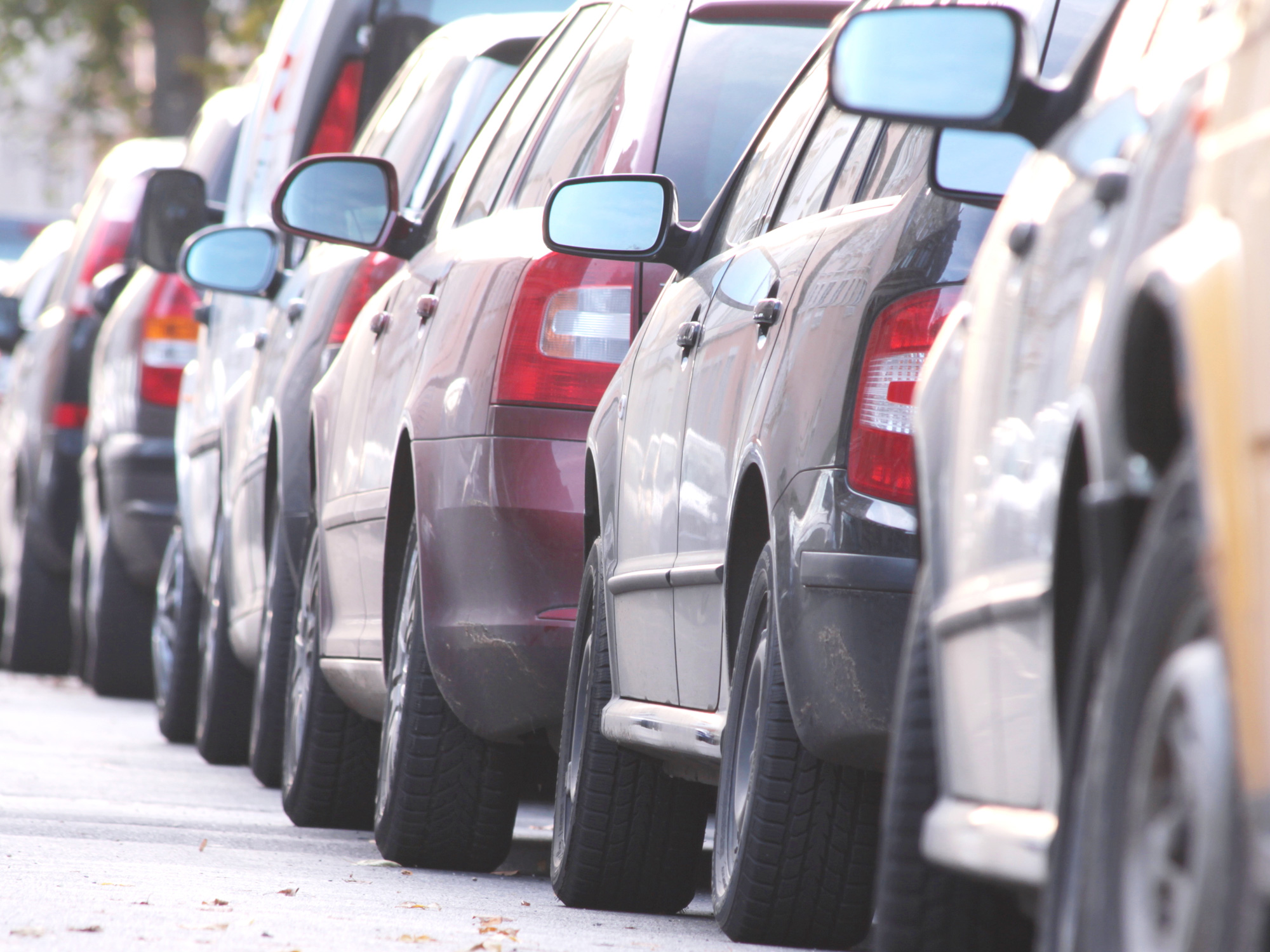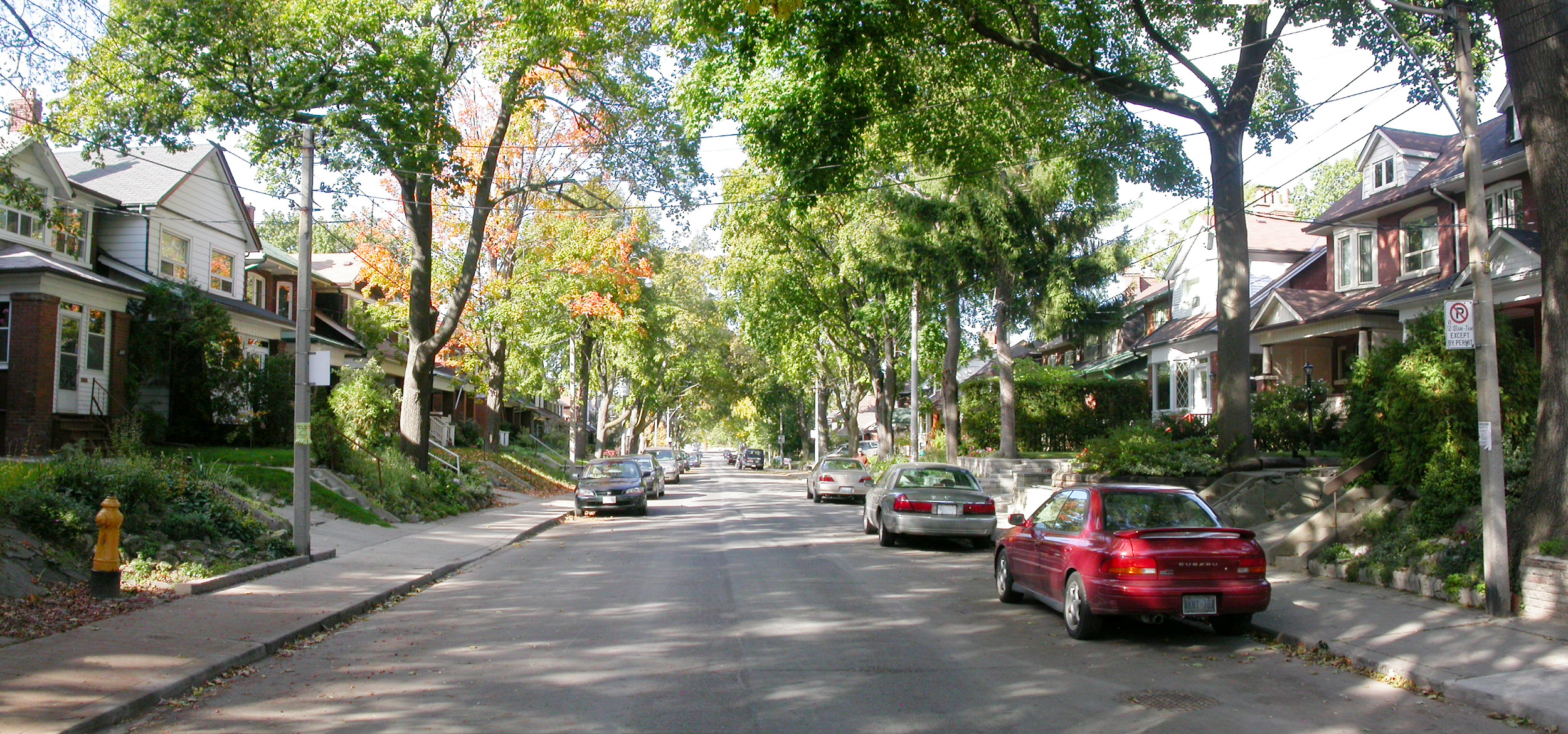Chicago Residential Parking: Complete Guide To Permits, Restrictions, And More
Chicago’s vast residential areas offer a diverse range of parking options, each with its own set of rules and regulations. Navigating these can be a daunting task, especially for newcomers to the city. This guide aims to demystify Chicago’s residential parking landscape, providing a comprehensive overview of permits, restrictions, and everything else you need to know as a resident.
One of the most significant challenges faced by Chicago residents is finding convenient and affordable parking. On-street parking is often limited and can come with hefty fines for violations. Understanding the various residential parking permit options can help alleviate these concerns.
Chicago Residential Parking: Complete Guide To Permits, Restrictions, And More
The city of Chicago offers two main types of residential parking permits: Zone Permits and Guest Permits. Zone Permits are issued to residents of specific neighborhoods and allow parking within designated zones during specified hours. Guest Permits are available for purchase by residents and allow visitors to park in their neighborhood for limited periods. Knowing which permit is suitable for your needs is crucial.
To obtain a residential parking permit, you must provide proof of residency, such as a utility bill or lease agreement. Zone Permits are generally valid for one year and must be renewed annually. Guest Permits can be purchased in increments of one day, one week, or one month. The cost of permits varies depending on the zone and the type of permit.
 (1).png)
UK Gameday Parking Restrictions – 09/24/22 | City of Lexington – Source www.lexingtonky.gov
History of Chicago Residential Parking: Complete Guide To Permits, Restrictions, And More
Chicago’s residential parking regulations have evolved over time to meet the changing needs of the city. In the early days, on-street parking was unregulated, leading to congestion and chaos. In the 1950s, the city introduced residential parking permits to address these issues. Over the years, the permit system has been refined and expanded to include new zones and permit types.
One of the most significant changes to Chicago’s residential parking regulations came in 2013 with the implementation of the Residential Permit Parking Program (RPPP). This program expanded the use of residential parking permits to new neighborhoods and introduced a graduated fee structure based on the demand for parking in each zone. The RPPP has helped to improve parking availability and reduce congestion in residential areas.

Permit Parking Chicago Map – quotes for loss of dog – Source opalinazranna.pages.dev
Hidden Secrets of Chicago Residential Parking: Complete Guide To Permits, Restrictions, And More
Beyond the basics of permits and restrictions, Chicago’s residential parking landscape holds some hidden secrets that can make your parking experience more manageable. One such secret is the existence of “ghost zones.” These are areas where parking is typically unrestricted but may have hidden restrictions during certain hours or days. Be vigilant when parking in unfamiliar areas, even if they appear to be unrestricted.
Another hidden secret is the availability of free parking in certain areas. While most residential areas require permits, there are pockets of the city where on-street parking is free. These areas are often located near parks, schools, or other public facilities. With a little research, you can discover these hidden gems and save on parking expenses.

Parking – 42nd Ward – Source ward42chicago.com
Recommendations for Chicago Residential Parking: Complete Guide To Permits, Restrictions, And More
Navigating Chicago’s residential parking landscape can be challenging, but following these recommendations can make the process more manageable:
- Obtain a residential parking permit as soon as possible. It will save you money on parking tickets and give you peace of mind knowing that your car is parked legally.
- Familiarize yourself with the parking regulations in your neighborhood. This includes understanding the permit zones, restricted hours, and any other rules that may apply.
- Consider purchasing Guest Permits for visitors. This will prevent them from receiving parking tickets and ensure they have a convenient place to park.
- Take advantage of free parking areas when possible. By doing so, you can save money and avoid the hassle of finding a parking space.
- Be aware of potential “ghost zones” and hidden restrictions. Always check for signs before parking, even in areas that appear to be unrestricted.

How Long Can a Car Be Parked on a Residential Street – Greedy Shoppers – Source greedyshoppers.com
Chicago Residential Parking: Complete Guide To Permits, Restrictions, And More and Vehicle Registration
In addition to residential parking permits, vehicle registration is also an essential aspect of Chicago’s residential parking landscape. All vehicles parked on public streets must be registered with the city of Chicago. Vehicle registration fees vary depending on the type of vehicle and its age. You can register your vehicle online, by mail, or in person at a City Clerk’s office.
Keeping your vehicle registration up-to-date is crucial for several reasons. First, it is a legal requirement. Secondly, having a valid registration can help you avoid parking tickets. Finally, it can help you recover your vehicle if it is towed or stolen.

2023 Chicago Residential Lease Form – Printable Forms Free Online – Source printableformsfree.com
Tips for Chicago Residential Parking: Complete Guide To Permits, Restrictions, And More
Here are some additional tips to help you navigate Chicago’s residential parking landscape:
- Use the ParkChicago mobile app. This app allows you to purchase residential parking permits, pay for parking meters, and find parking garages.
- Sign up for text alerts from the Chicago Department of Transportation (CDOT). These alerts will notify you of upcoming street closures, parking restrictions, and other important information.
- Be aware of special event parking restrictions. During special events, such as parades or festivals, parking restrictions may be in place. Check the CDOT website or social media pages for details.
- If you are having difficulty finding a parking space, consider using a parking garage. Parking garages are typically more expensive than street parking, but they offer a guaranteed spot and protection from the elements.
- Be respectful of other residents. When parking, do not block driveways, sidewalks, or fire hydrants.

Digitizing the City of Chicago Residential Parking Pass Program by – Source dribbble.com
Chicago Residential Parking: Complete Guide To Permits, Restrictions, And More and Parking Tickets
Despite taking precautions, receiving a parking ticket in Chicago is not uncommon. If you receive a parking ticket, you can pay it online, by mail, or in person at a City Clerk’s office. You can also contest the ticket if you believe it was issued in error. To contest a ticket, you must submit a written request to the Chicago Parking Adjudication Bureau within 30 days of receiving the ticket.
Paying or contesting a parking ticket is essential to avoid late fees and other penalties. If you do not pay or contest a ticket within the specified time frame, the city may boot your vehicle or tow it away.

Chicago Zoning Map Chicago Zone Map United States Of America – Vrogue – Source www.vrogue.co
Fun Facts of Chicago Residential Parking: Complete Guide To Permits, Restrictions, And More
Here are some fun facts about Chicago’s residential parking landscape:
- Chicago has over 2 million registered vehicles.
- The city issues over 1 million residential parking permits each year.
- The average cost of a residential parking permit is $60 per year.
- Chicago has over 100,000 parking meters.
- The city generates over $100 million in revenue from parking fines each year.

Permit Parking Chicago Map – Interactive Map – Source tucsoninteractivemap.netlify.app
How to Chicago Residential Parking: Complete Guide To Permits, Restrictions, And More
Chicago’s residential parking landscape can be daunting, but understanding the permits, restrictions, and other regulations can help you avoid costly mistakes. By following the tips in this guide, you can navigate the city’s parking landscape with confidence and ease.
Remember, the key to successful parking in Chicago is to be informed and prepared. By obtaining the necessary permits, researching parking regulations, and utilizing the available resources, you can ensure a hassle-free parking experience.
Why Are Residential Parking Zones Free!? — Sidewalking Victoria – Source www.sidewalkingvictoria.com
What if Chicago Residential Parking: Complete Guide To Permits, Restrictions, And More
What if you don’t have a residential parking permit? If you do not have a residential parking permit, you can still park in residential areas, but you will be subject to the following restrictions:
- You can only park in non-permit zones.
- You can only park for a maximum of four hours at a time.
- You must move your car every four hours.
If you violate these restrictions, you may receive
